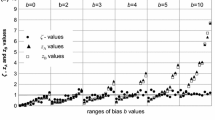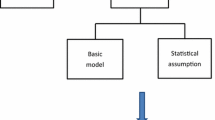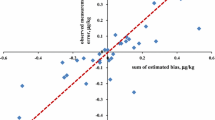Abstract
Many proficiency tests are operated with a consensus value derived from the participants’ results. Apart from technical issues, one of the reasons often mentioned is that proficiency tests operated with consensus values would be cheaper than those using reference values obtained from a priori characterisation measurements. The economy of a proficiency test must of course be balanced by the need of the participants, and the quality of the comparison in general. The proficiency tests selected in this study had both a reference value and a consensus value, one of which was used for assessing the performance of the participating laboratories. In this work, both a technical and an economical assessment of how the comparisons were operated is made. From the evaluation, it follows that usually the use of consensus values does not necessarily reduce the costs of a proficiency test. However, frequently it may be observed that the quality of the assessment of the laboratories is better with a reference value.
Similar content being viewed by others
Author information
Authors and Affiliations
Additional information
Received: 11 October 2000 Accepted: 3 January 2001
Rights and permissions
About this article
Cite this article
Baldan, A., van der Veen, A., Prauß, D. et al. Economy of proficiency testing: reference versus consensus values. Accred Qual Assur 6, 164–167 (2001). https://doi.org/10.1007/PL00013515
Issue Date:
DOI: https://doi.org/10.1007/PL00013515




